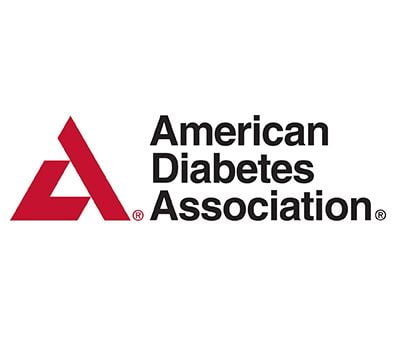[vc_row css_animation=”” row_type=”row” use_row_as_full_screen_section=”no” type=”full_width” angled_section=”no” text_align=”left” background_image_as_pattern=”without_pattern”][vc_column][vc_column_text]Just a few days ago, the American Diabetes Association (ADA) released their latest publication on diabetes management. It is called Nutrition Therapy for Adults With Diabetes or Prediabetes: a Consensus Report.
If you want to get straight to it, you can download the full report here.
There’s a lot of noise out there about them endorsing low-carb, and what this could mean for the future of mankind. So here’s my take on it.
Disclaimer: I’m a chef. I use dietitians to make meal plans, and I use doctors to treat diabetes. This isn’t advice. It’s just what I think.
What is a Consensus Report?
A consensus report is like a guide book, or summary of all of the evidence academics have to date, designed to provide medical practitioners with the latest guidelines on treating a condition. The word consensus infers that whatever made it into this report is mostly supported by everyone who participated in writing it.
They reviewed the evidence. They reached a consensus on various matters. They produced the report.
We don’t know what weight each vote on the committee had, and we don’t know what was on the table for discussion that never made the final cut.
So bare in mind that each sentence was written to please each member. This is both good and bad. It means that some advice may have been softened, while other advice could have been left off the table.
The most important thing though, is that this is actually a medical guide. It is also the absolute latest medical guideline for nutrition and diabetes that exists. The report says in no uncertain terms that:
‘The American Diabetes Association (ADA) emphasizes that medical nutrition therapy (MNT) is fundamental in the overall diabetes management plan, and the need for MNT should be reassessed frequently by health care providers in collaboration with people with diabetes across the life span, with special attention during times of changing health status and life stages’
If you have been diagnosed with Type 2 Diabetes, and not been put onto a medical nutrition therapy plan of some sort, the treatment or advice you have received is out of date.
Is the report an ode to keto?
No.
The report draws from studies conducted on a ton of different eating styles. I was actually quite surprised to see the number of eating styles in there, and even more surprised by the results the studies had shown from the various eating styles.
They refer to:
Mediterranean-style
Vegetarian or Vegan
Low-fat
Very Low-fat
Low-carbohydrate
Very low-carbohydrate
Dietary Approaches to Stop Hypertension
They added the USDA Dietary Guidelines for American for reference purposes, but they were not reviewed for this report.
And at the bottom they listed paleo, which they claim had little evidence to support it. Sorry Loren.
What interested me was the similar results all of these eating patterns reported. For example, we know that A1C reduction is vital in the treatment of reversal of diabetes, right?
Well, according to the report, the Mediterranean, vegetarian, vegan, low-carb and very low-carb (keto) diets all lower A1C. It also says that a low-fat diet, dietary approaches to stop hypertension (DASH), vegetarian and vegan diets reduce the risk of diabetes.
We often talk about there being no one-size-fits-all solution, but from reading this one might assume it is the opposite. Like, it’s actually an all-size-fits-all.
One thing that is conspicuous in its absence is the mention of sugary food. My opinion is that all of these approaches (except maybe very low-fat) omit sugar and junk food from the diet. The second thing they all do is get people concentrating on what they eat.
What this section of the report suggests is that if you remove junk, and eat lots of vegetables, regardless of your fat or carb intake, your health will improve.
Which brings me to the next point. They state unequivocally: The amount of carbohydrate intake required for optimal health in humans is unknown.
So, what is the eating advice?
I’m just going to copy and paste them:
Consensus recommendations
- A variety of eating patterns (combinations of different foods or food groups) are acceptable for the management of diabetes.
- Until the evidence surrounding comparative benefits of different eating patterns in specific individuals strengthens, health care providers should focus on the key factors that are common among the patterns:
- Emphasize nonstarchy vegetables.
- Minimize added sugars and refined grains.
- Choose whole foods over highly processed foods to the extent possible.
- Reducing overall carbohydrate intake for individuals with diabetes has demonstrated the most evidence for improving glycemia and may be applied in a variety of eating patterns that meet individual needs and preferences.
- For select adults with type 2 diabetes not meeting glycemic targets or where reducing antiglycemic medications is a priority, reducing overall carbohydrate intake with low- or very low-carbohydrate eating plans is a viable approach.
I don’t need to explain that.
There is so much more to discuss about this report, but this is just a tease of what is to come.
Please share this far and wide, because this report will literally change hundreds of millions of lives.
Jonno, out![/vc_column_text][/vc_column][/vc_row]


